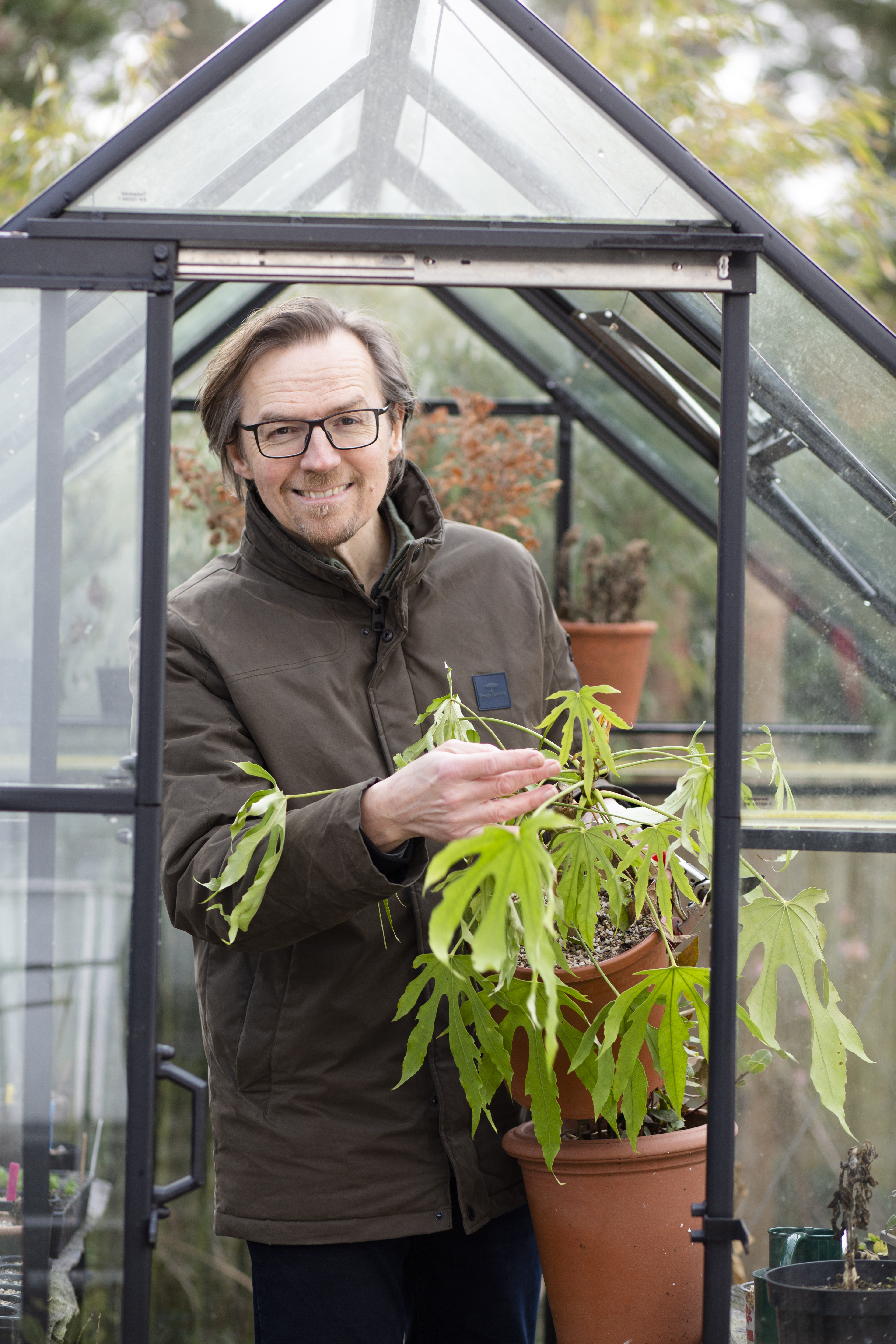- If I were not a musician ...

Under this heading we talk to members of the Berliner Philharmoniker and discuss their extra-musical passions. Today we meet percussionist Raphael Haeger, who even as a child set his sights very high.
“The Dolomites are the most beautiful structures in the world,” Reinhold Messner once enthused in an interview. Raphael Haeger knows what Messner is talking about. “My father was a keen mountaineer and took me with him when I was only ten,” he recalls. The family spent almost every summer holiday in every possible camp site in the Dolomites.
Since then he has been fascinated by the bizarrely shaped mountains and spectacular rock formations in the southern Limestone Alps. But at some point music got in the way and mountaineering was sidelined. Raphael Haeger received piano and percussion lessons, studied at the State College of Music in Trossingen and became the percussionist at the Mannheim Nationaltheater before finally joining the Berliner Philharmoniker in 2004.
About ten years ago his old passion was rekindled. For Raphael Haeger climbing in the Alps is much more than just a sport. For him, Alpinism is a great metaphysical experience, allowing him to experience nature in all its different forms.
“A basic precondition for climbing high rock faces is a special form of vigilance,” he explains. To a certain extent this vigilance is necessary for his survival since even the most momentary carelessness could have fatal consequences. You also need an excellent sense of direction and have to be able to demonstrate a good knowledge of the weather and of the equipment that you are using as well as being physically fit. “Ideally you become one with the rock face,” says the fifty-year-old, “and you feel that ‘being in the wall’ is an elemental confrontation with your own body.”
Has he already found himself in a dicey situation? Raphael Haeger shakes his head. “A rock fall is always a possibility,” he explains. “No matter how many precautions you may take, it’s never possible to exclude every risk.”
For Raphael Haeger climbing complements his work in the orchestra in an altogether ideal manner. Rock climbing places you in the position of being able to boost your self-confidence in the most incredible ways. “Climbing demands extreme attentiveness. You’ve got to learn to focus. And this is also true of percussionists. Good Alpinists and good percussionists must have good nerves.”
Our conversation is taking place during a week when the Berliner Philharmoniker will be performing Mahler’s Third Symphony under Zubin Mehta. Mahler himself wanted to create a musical reflection of nature in this monumental work. “Pan Awakes. Summer Marshes In” is the heading of one of the movements in one of Mahler’s programmes to the symphony. Other headings are “What the Animals in the Forest Tell Me” and “What the Flowers, Man, the Angels and Love Tell Me”.
As Raphael Haeger admits with a smile, “Anyone who knows the Dolomites will hear Mahler’s music with completely new ears.” It is no wonder, then, that between 1908 and 1910 Mahler spent his summer months at Toblach in the Puster Valley in South Tyrol. This little parish is famous for its Dolomite peaks, including the Three Peaks, which soar to a height of 2,999 metres (over 9,800 feet).
“A region to dream about,” enthuses Raphael Haeger at the end of our conversation. As Mahler himself said: “It’s marvellous here [in Toblach] and is certain to restore you in body and soul.”

Raphael Haeger: If I were not a musician...
In this section, we introduce Berlin Philharmonic musicians and their extra-musical passions. Today: percussionist Raphael Haeger, who was already aiming high as a child.

Jonathan Kelly: If I were not a musician ...
In this section, we introduce members of the Berliner Philharmoniker and their extramusical passions. Today: Jonathan Kelly has a green thumb.

Martin Heinze: If I were not a musician ...
Double bass player Martin Heinze likes to rise above things.